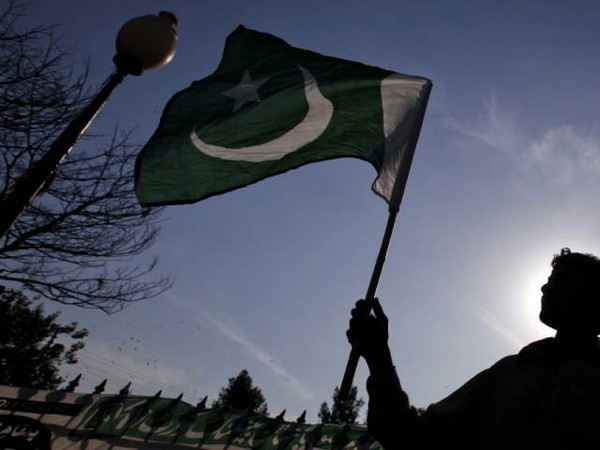Human Rights Groups Urge Peace Amid Deadly Tribesland Conflict in Pakistan's Kurram District
After sectarian violence in Pakistan's Kurram district left 35 dead, the Human Rights Commission of Pakistan (HRCP) calls for peaceful negotiations. The clashes, sparked by a land dispute and involving heavy weaponry, have severely impacted daily life and heightened tensions across the region.

- Country:
- Pakistan
Following violent clashes that claimed 35 lives in Kurram, a northwest district of Pakistan's Khyber Pakhtunkhwa, the Human Rights Commission of Pakistan (HRCP) has expressed grave concerns. The organization has called for a peaceful resolution via negotiations to end the deadly tribal conflict.
In a recent post on the social media platform X, the HRCP highlighted the significant loss of life and the impact on ordinary citizens in Parachinar. The non-governmental organization warned that the contention over land disputes had fueled sectarian conflicts, restricting freedom of movement and access to essential supplies like food and medicine.
The Pakistani media outlet Dawn reported that the unrest, which began several days ago, involved tribes using heavy weaponry to target each other in Kurram district. The violence has now spread to other areas such as Peewar, Tangi, Balishkhel, and Karman. Responding to the escalating conflict, the HRCP urged the Khyber Pakhtunkhwa government to ensure that a brokered ceasefire holds and resolve disputes through negotiations involving all stakeholders.
Missiles and rockets have also been launched, causing closures of educational institutions and markets while bringing traffic to a standstill. A tribal council from Hangu and Orakzai districts is currently working to broker a ceasefire between the conflicting tribes, Boshehra and Maleekhel.
Ethnic and tribal disputes in Pakistan often stem from complex historical, social, economic, and political factors. Conflicts over resources, land, political representation, or cultural identity are common, with roots tracing back to colonial administrative boundaries. According to a Pakistan Institute for Peace Studies (PIPS) report, these clashes are exacerbated by militant groups operating in the region, highlighting the intricate interplay between tribal dynamics and militant activities.
(With inputs from agencies.)
ALSO READ
Retired Soldier Accused of Shooting Dalit Man Over Land Dispute
Non-Bailable Arrest Warrant Issued for Khyber Pakhtunkhwa CM Ali Amin Gandapur
Local BJP Leader and Associates Booked for House Demolition Amid Land Dispute
Khyber Pakhtunkhwa Local Representatives Clash with Police Over Development Funds
Opposition Urges Dialogue Amid Rising Discontent in Balochistan and Khyber Pakhtunkhwa










